Will The #PayUp Movement Change Fashion Industry For The Better?
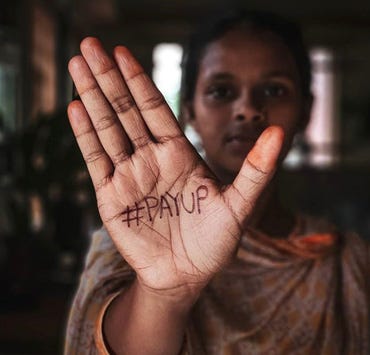
“What exactly is the true cost of fast fashion brands and keeping up with the quickly revising fashion cycle?”
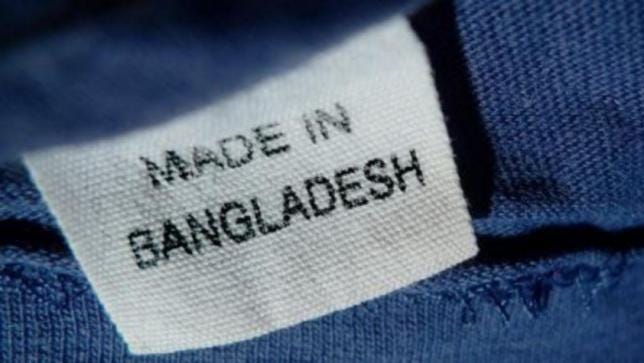
Made in Bangladesh
The favorite mom jeans you adorn and get most compliments about; have you ever checked the label to see where it has been made? If you do so, you will realize that your closet is probably full of clothes that are made in Bangladesh!
The pandemic has exposed the exploitation that has always been at the center of the fashion culture. The biggest paradox witnessed this year, the fast fashion brands who claim solidarity with black square posts and #blacklivesmatter slogan, are the same brands who have long exploited BIPOC (Black, Indigenous, People of Color), simulated inclusivity, and have profited from cultural appropriation.
The pandemic has revealed how the people are facing systematic racism in the fashion culture that the “PayUp” movement is fighting these days. The scenario has brought one thing in the upfront- the fashion culture supports racist values thriving from exploiting the garment workers. These profit-based fast fashion brands save up by exploiting their workers in the developing and underdeveloped nations, 80% of which are women.
What Is The #PayUp Movement All About?
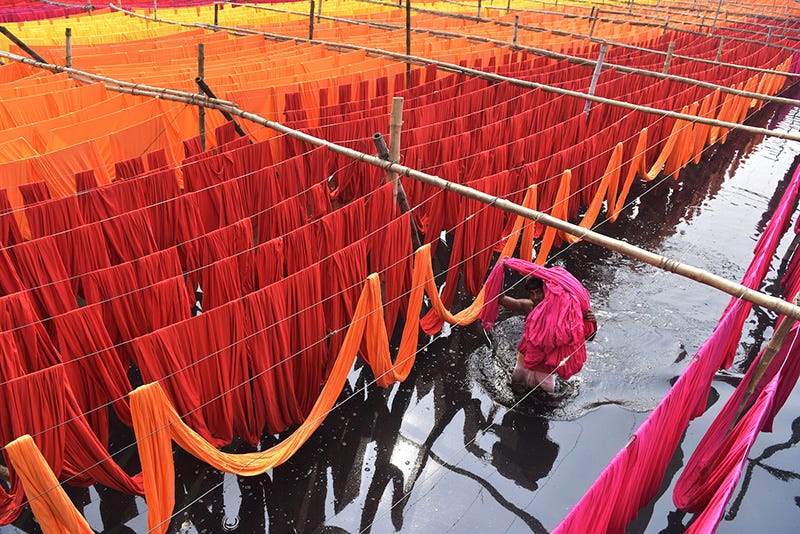
The-#PayUp-Movement
The outbreak of COVID-19 has shaken all the sectors, not only destroying lives over the planet but also hitting garment workers in particular. The time is uncertain for them, going for work to earn a living would mean spending days in an unhealthy environment without any assurance of being paid a remuneration. As soon as the coronavirus entered the territory of Europe and the United States, more and more stores were closed, fast fashion brands and retailers responded as they usually do: by pushing the risk down the supply chain. They did this by canceling all orders placed before the outbreak — some of them were already ready to be shipped. This left the factories, which fronted the costs for fabric and labor, without the money to pay their workers. #PayUp is a movement about telling the world how these garment workers are starving due to fast fashion brands and celebrity brand owners who are refusing to pay them for months. #PayUp is a movement initiated which won’t let them get away with this, it’s a cry for help and change.
Is This Modern Day Slavery?
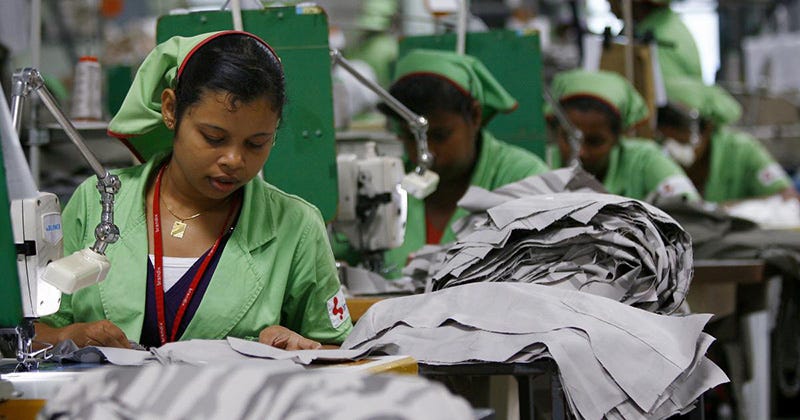
Is This Modern Day Slavery?
The livelihood of 4.1 million garment workers is in the hands of western and fast fashion brands you adorn. The fact is that the brands you admire most to keep up with the fashion cycle are withholding $3 million from factories in Bangladesh for orders which are already shipped, further pushing 4.1 million workers into extreme poverty. The harsh reality is with the monthly legal minimum wage of USD 96, garment workers in Bangladesh produce your #OOTD(outfit of the day). But only 14.8% of the garment workers in Bangladesh received full payment in April.
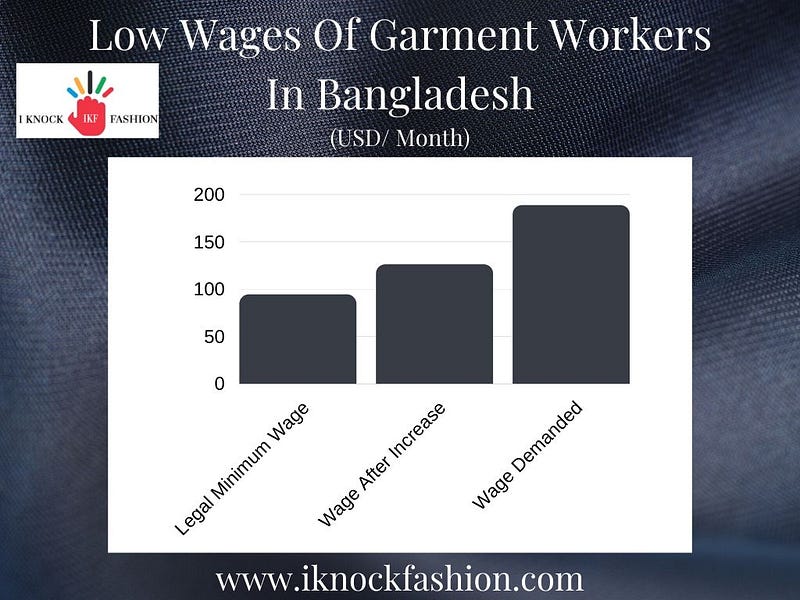
Low Wages Of Garment Workers In Bangladesh
All of us are aware of the history, and how the Britishers had received inexpensive sugar and coffee from colonized nations, exploiting slaves to grow in abundance. Now, clothes made by garment workers in hazardous workshops for often less than $3 per day have substituted sugar and coffee. This can be termed as modern slavery. Here are some of the facts about the same -
⁃ 63% of garment workers are at the risk of being homeless.
⁃ 72% of buyers denied paying for raw materials.
⁃ Over 91% of buyers refused to pay for the production cost.
Is It Worse Than “Rana Plaza”?
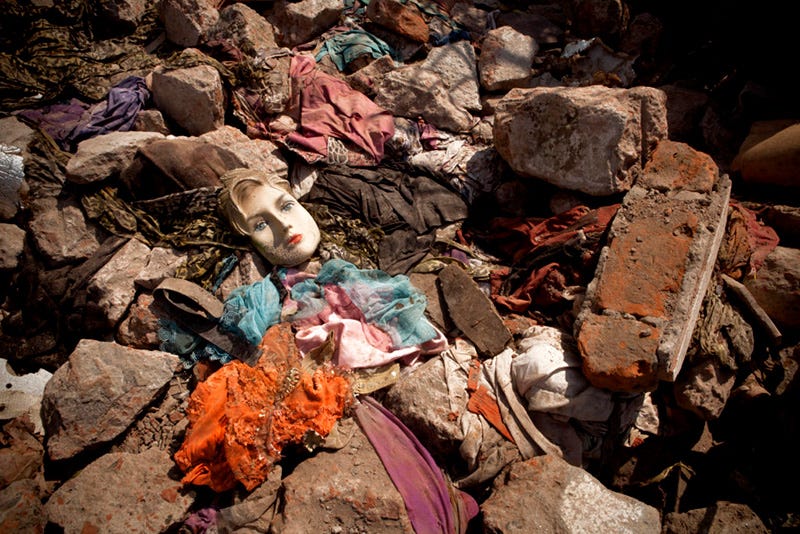
Is It Worse Than “Rana Plaza”?
“The Bangladesh Revolutionary Garment Workers Federation (BRGWF), has been providing emergency food support to vulnerable garment workers and union members.”
In the year 2013, a garment factory collapsed in Bangladesh, over 1000 people died with 2500 or more injured. Rana Plaza was a garment factory where clothes for some of the most famous and popular brands were made. It was nothing but a devastating incident for the garments workers, as some lost their lives because of unsafe working conditions and others lost their jobs and livelihood because of the incident. There is no denying in the fact that fast fashion brands have shifted the way we shop at 360' angle, with 52 seasons a year, this generation shops more than any others in the past. As fashion brands fight for profit, they look forward to reducing their production cost hence shifting their manufacturing bases to underdeveloped or developing nations. The fashion culture has created a mentality “they should be happy they even have a job”. The factory owners from the start have been making the workers slog in deplorable conditions.
Once again, our favorite clothes have managed to contribute to the suffering of others. The garment workers are bearing the brunt of the crisis, numerous of them are unaware of their next wage date, how much it will be, and whether they will still have a job or not. The situation is so uncertain that some workers feel compelled to get back to work even if that work might be unsafe, as the choice is between a potential risk of infection and sure hunger.
“There Is No Beauty In The Best Cloth If It Makes Hunger And Unhappiness”- Gandhi
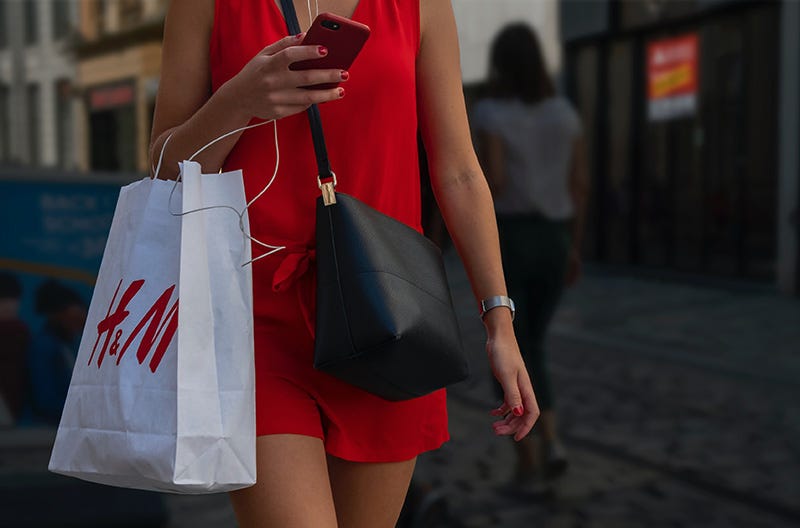
“There Is No Beauty In The Best Cloth If It Makes Hunger And Unhappiness”- Gandhi
Not only the garment workers in Bangladesh, but it’s also all across the world that they are treated as disposable life. In India, according to reports from the Garment and Textile Workers Union (GATWU), around 40% of garment workers in Karnataka have lost their jobs amidst the coronavirus crisis. According to the reports, the shutdown of the Euro Clothing Company II factory in Srirangapatna, which manufactures for H&M, is not a one-off, as some companies have paid 70% of the workers, others only 50%. Some are being paid only for the number of days they work, a few companies are not even allowing people inside as they don’t want their services anymore. Around 40% of six lakh garment workers and textile workers have lost their jobs in the country. Some companies have gone to the extent where they have kept tailors but let go of helpers. The garment workers are being told that companies expect to get orders after August. The migrant workers who stayed in the urban cities on assurances from their contractors are now back to work but, given the labor shortage, find themselves working longer hours for the same pay. The workers acclaimed that there is a shortage of hands, earlier the work which was done by 7–8 workers. Now, it’s being done by only three people. “The work is double but the pay is the same.”
Jenner Sisters Unpaid Bills Have Left Workers Starving?
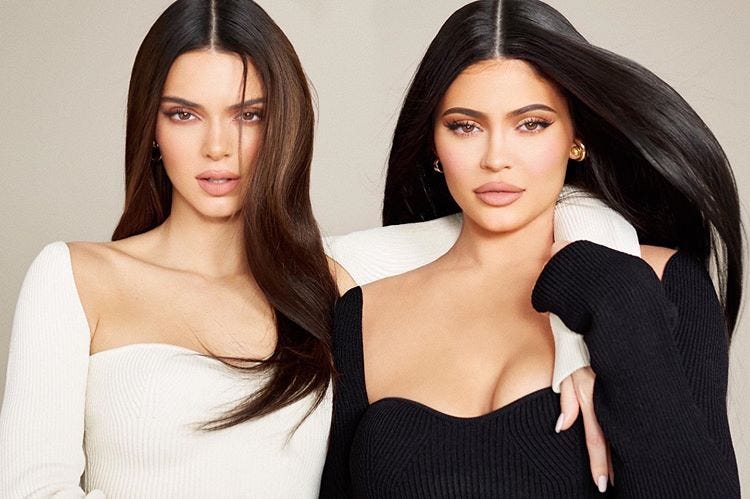
Jenner Sisters
The pandemic has shown us how the world-famous celebrities like Kendall Jenner, Kylie Jenner, Cardi B, and P. Diddy are only good at giving feel-good philanthropy and not at all a follower of ethical business practices. Kendall + Kylie is owned by Global Brands Group, who currently refused to pay its garment suppliers for orders produced in February and March following a drop in sales due to the COVID-19 pandemic. The Global Brands Group has canceled all S/S 2020 orders — and is refusing to pay workers for orders completed in February and March.
The world is losing faith in these celebrities as they are voluntarily closing their eyes to such malpractices.
Rapper Cardi B is also in the negative light since its partnership with Fashion Nova. It is one of several brands to pull contracts from garment workers in Los Angeles, leaving 50,000 women without an income and often with no government assistance because of their immigration status.
How Did Consumers Play A Huge Role In The #PayUp Petition?
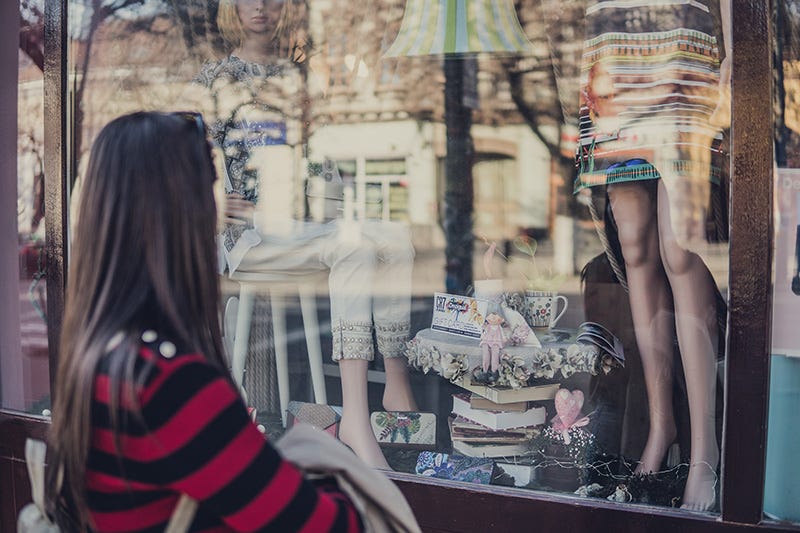
How Did Consumers Play A Huge Role In The #PayUp Petition?
Social media holds the power to change things in seconds, and especially when consumers stamp their feet on social media, brands tend to respond much quicker. The new breed of social media activists are aware of and demand accountability and meaningful change in the fashion and beauty industries.
The Gen-Z came together and made this conversation less about cancel culture and boycotts and more about pressurizing brands to admit past mistakes and commit to real change. The consumers made it clear that it’s high time the brands should strike a balance between a swift response with a considered and careful approach. The influencers turned out to be the heroes of the movement, #PayUp used influencers for amplification, leading the calls to apply pressure on brands. Social media movements with the help of consumers gave voice to the most vulnerable in the fashion industry by speaking up for 75 million Black and Brown garment workers who were refused their remuneration during the Covid-19 crisis. The relationship between consumers and brands has fundamentally shifted, the fashion industry may change for better now. All thanks to the ability of social media to magnify and transmit the power of protest.
Brands & PayUp
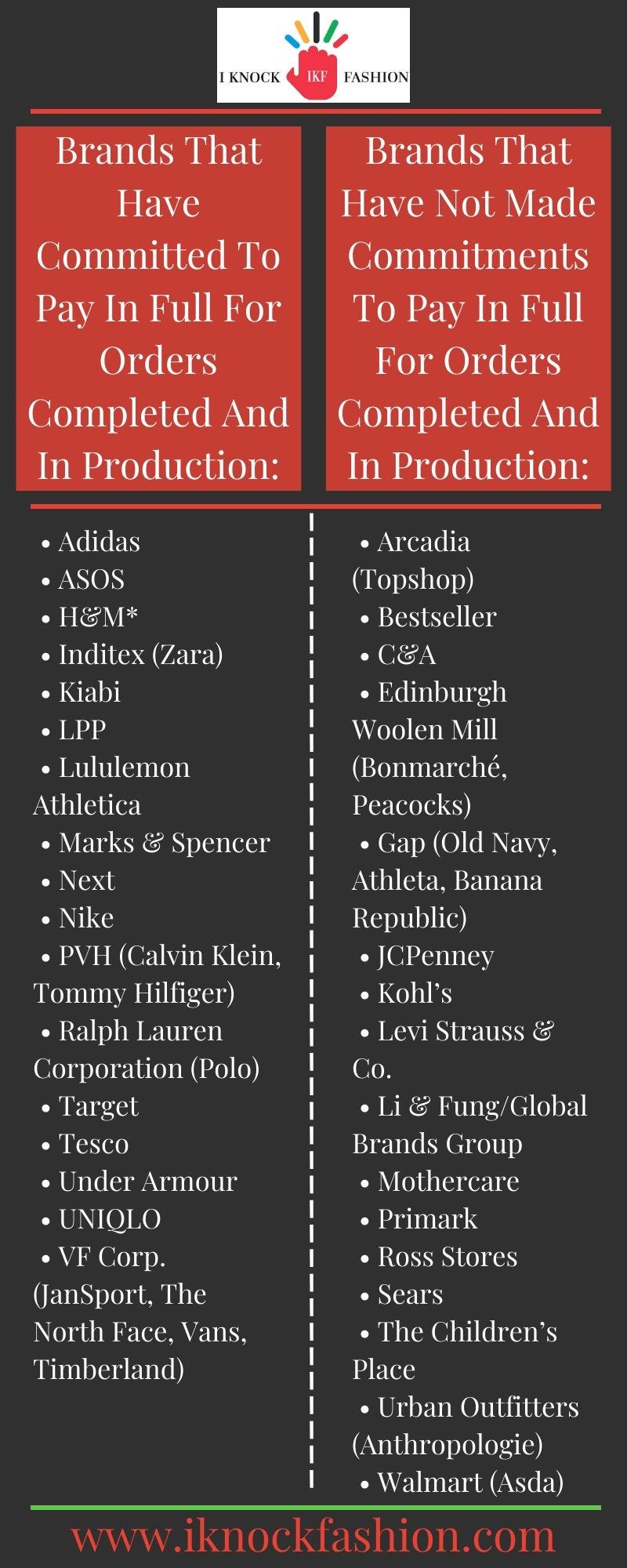
Brands That Have and have not Committed To Pay In Full For Orders Completed And In Production
Since the launch of the petition, 17 brands agreed to pay for backorders, totaling upward of $600 million in Bangladesh. Conservative estimates are that the #PayUp campaign has helped unlock $7.5 billion in unpaid orders globally. The #PayUp petition includes terms that brands must promise to pay suppliers for all orders that were canceled or paused as a result of coronavirus. They also must agree to pay for these canceled and in-production orders in full (without asking suppliers for discounts) and promptly (without extending payment terms unless financing options can be provided).
I Knock Fashion Desk (Conclusion)
The fashion industry is changing for better, it’s good to see how the consumer world is coming together and fighting for injustice. Being a conscious consumer is extremely important, and for being ethical you need to realize that these fashion brands belong to multi-billionaires who are still making a profit and capitalizing on the cheap labor of underprivileged workers in Bangladesh and across the world. Having the ability to pay and choosing not to do so, clearly showcased their lack of not only ethical but also moral standards. As consumers, you hold the power to stop these brands from using this pandemic as an excuse to exploit garment workers. Being concerned consumers, it is our moral obligation to share the burden and give these workers a voice. You hold the power of boycotting a brand until they pay up. What do you think is the fashion world changing for better?
I Knock Fashion appreciates your point of view, do let us know about the same in the comment section and stay tuned with I Knock Fashion for further fashion and beauty related updates.
Thanks for the nice post! Hope you a good day! Nothing better than a white crossbody bag & purse
ReplyDelete